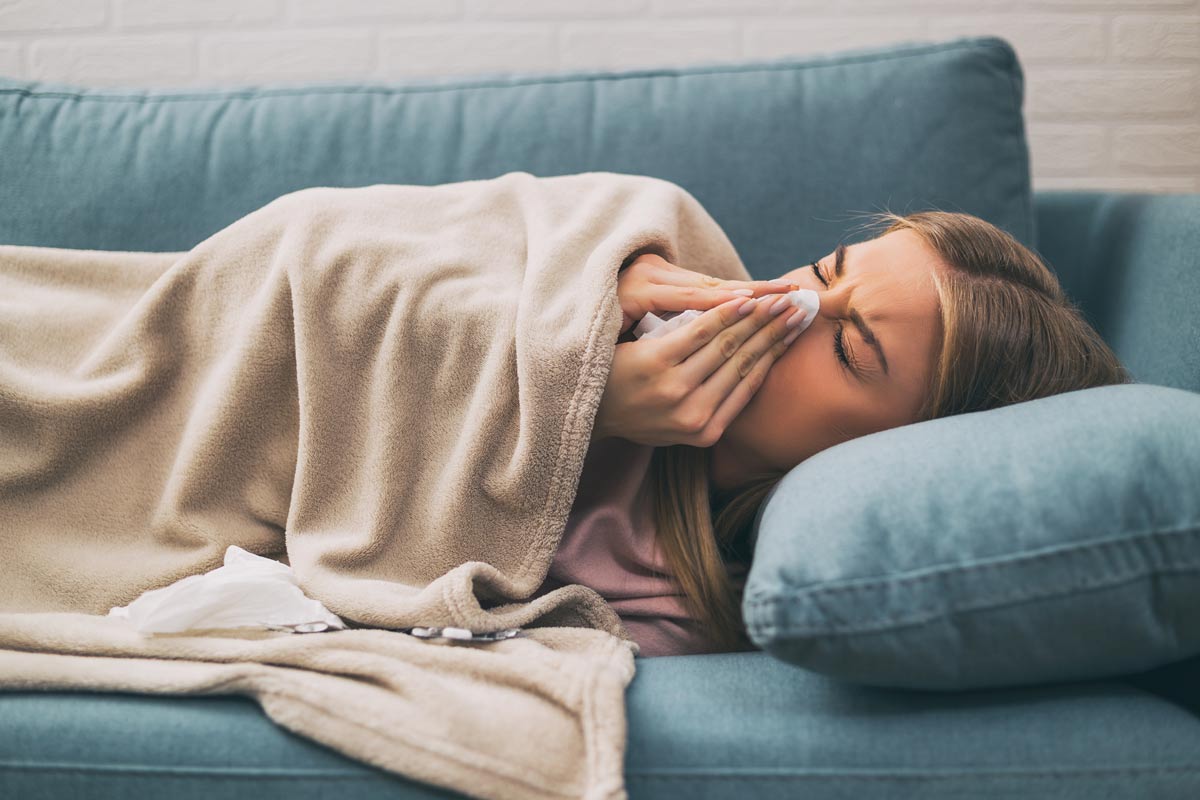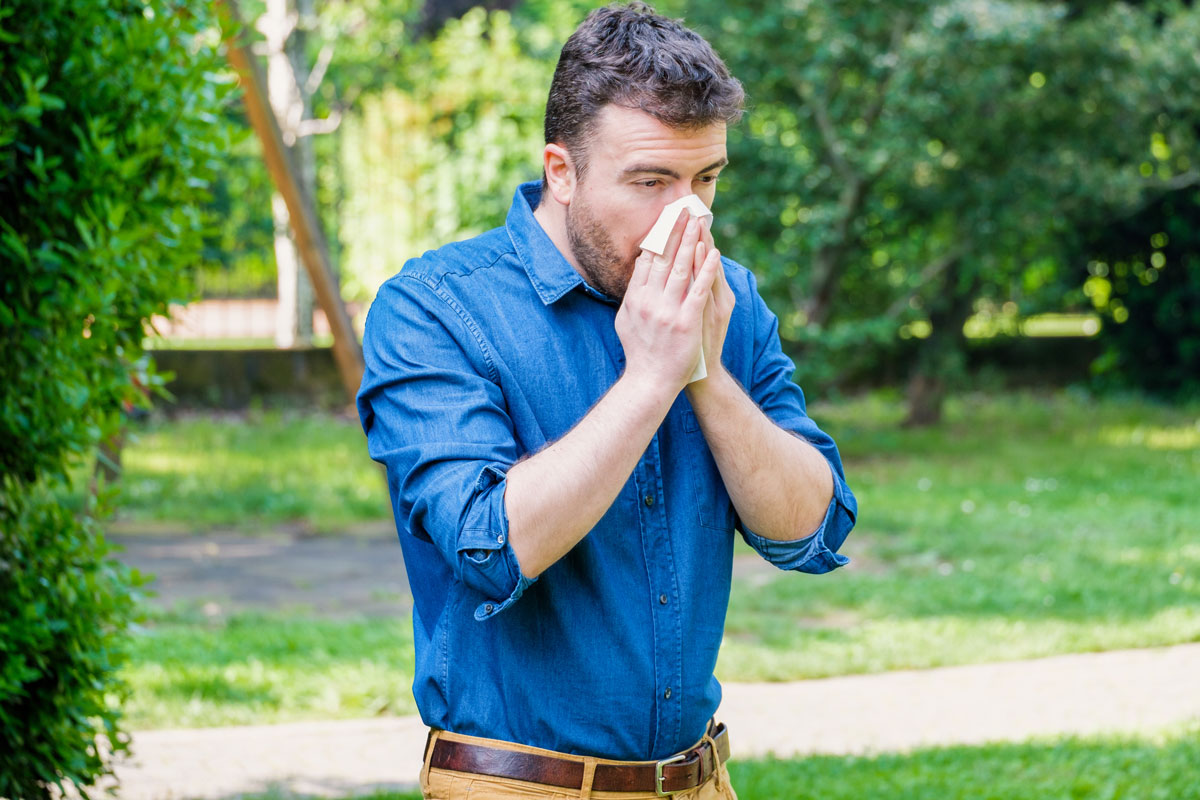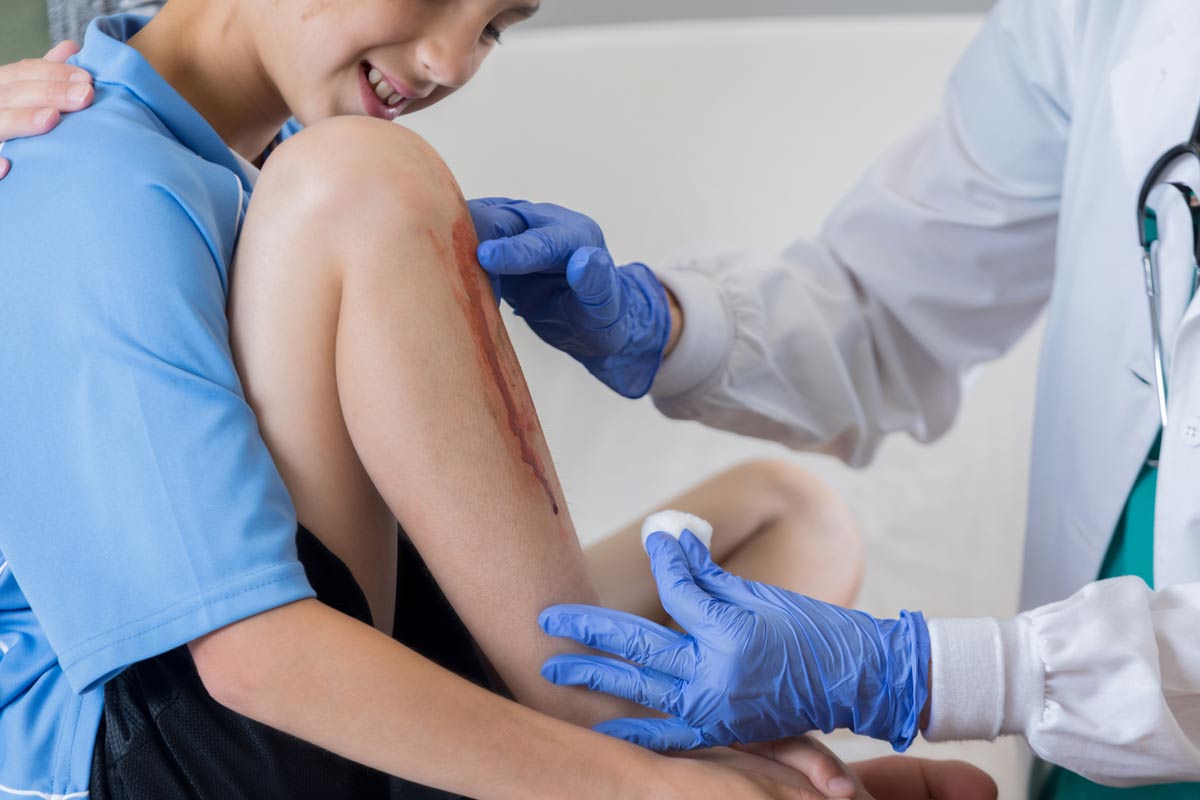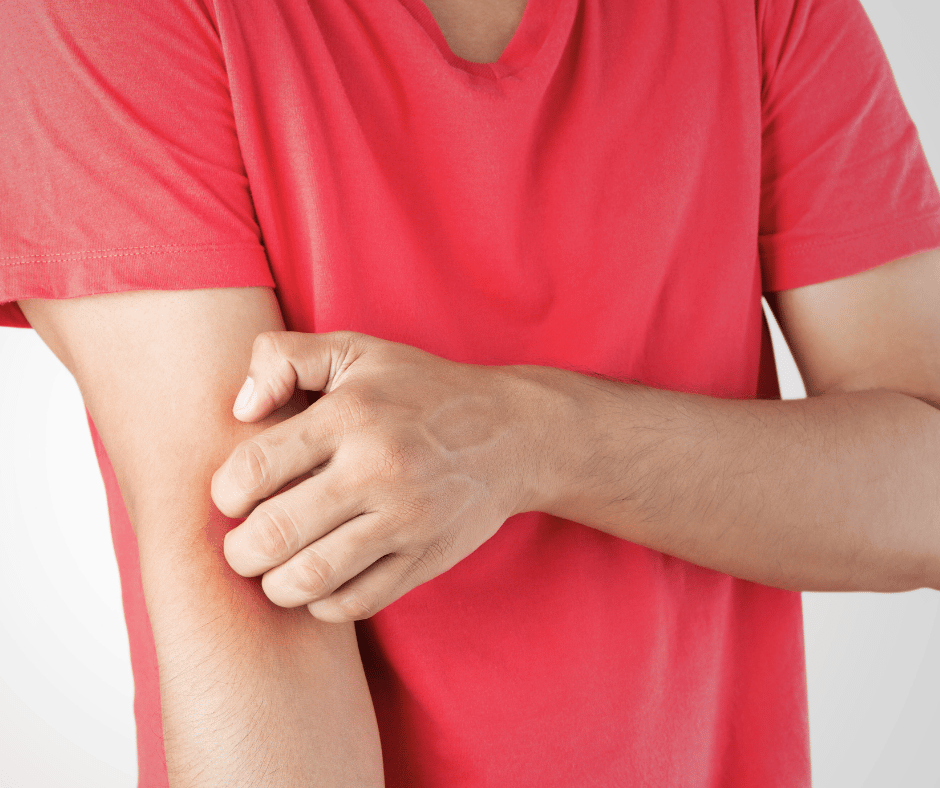Mycosis, or fungal infection, happens when a fungus invades the body. Inhaled fungal spores can cause a severe infection. However, most fungal infections affect the skin, nails, and mucous membranes and remain uncomplicated when treated promptly. Fungi are always present in the environment, but not all fungal species are harmful.
Symptoms of a Fungal Infection
The symptoms of a fungal infection that afflicts the skin, nails, and mucous membranes include weak, cracked nails, itchy scalp, blisters or sores in the mouth, and rashes.
Severe infections, or systemic fungal infections, affect the internal organs. Symptoms of a systemic fungal infection include muscle pain, coughing, difficulty breathing, fever, congestion, stomach pain, congestion, and intense headache.
Fungal Infection Causes
Common fungal infection causes include:
- Heavy sweating
- Walking barefoot in damp showers or gyms
- Weakened immune system
- Hormonal changes such as menopause
- Skin injury or wound
- Antibiotics
Yeast, mold, and other fungi cause fungal infections, which humans and animals spread. Those with weak immune systems are at higher risk of getting sick.
Fungal Infection Diagnosis
Taking samples of the affected area is necessary to diagnose fungal infections. These samples may include:
- Blood
- Urine
- Skin
- Sputum
- CNS fluid
- Eye secretions
If a systemic fungal infection is suspected, doctors will request X-rays or CT and MRI scans to check for signs of infection.

Treating a Fungal Infection
Topical creams and lotions treat superficial fungal skin infections. The type of topical treatment depends on how severe the skin infection is. Subcutaneous fungal infections can become serious if not treated quickly. Treatment includes antifungal agents and cutting out the infected parts.
When fungi invade the internal organs, antifungal medications help to stop the infection from spreading. These medications can help prevent an infection from spreading. Doctors administer the medication orally or through an IV. Systemic fungal infections have links to invasive fungi or opportunistic organisms and have a high mortality rate. A systemic infection is hard to diagnose, and it is not always possible to determine the cause.
Fungal Infection Prevention
Bathing daily and drying off completely before dressing helps prevent mild fungal skin infections. Other preventative measures include the following:
- Always wear shoes or flip-flops, especially in public gyms and showers.
- Do not share personal items such as towels, combs, and clothing.
- Wear clean clothes every day, especially socks and underwear.
- Avoid wearing tight clothing items and shoes, especially in warm climates. Sweat creates a breeding ground for fungus.
- Eat less sugar because it may decrease the risk of yeast infections.
Systemic fungal infections can be prevented by regular hand washing and checking for signs of infection around a catheter or IV during a hospital stay.

Visit PRESNow 24/7 Urgent and Emergency Care Clinics for Fungal Infection Treatment
Unlike most ERs or urgent care centers in the area, PRESNow 24/7 Urgent and Emergency Care in Albuquerque, patients are only billed for the level of services they need. The ER and urgent care are open 24 hours a day, every day. No appointment is required for in-person visits.
PRESNow 24/7 Urgent and Emergency Care has four convenient locations:
- PRESNow 24/7 Urgent and Emergency Care Paseo/San Pedro is located at 6400 Paseo Del Norte Blvd. NE, Albuquerque, NM 87113, and may be reached at 505-596-2100.
- PRESNow 24/7 Urgent and Emergency Care Coors/Western Trail is located at 4515 Coors Blvd. NW Albuquerque, NM 87120, and may be reached at 505-596-2200.
- PRESNow 24/7 Urgent and Emergency Care Isleta/Rio Bravo is located at 3436 Isleta Blvd SW, Albuquerque, NM 87105, and may be reached at 505-596-2300.
- PRESNow 24/7 Urgent and Emergency Care Menaul/Pennsylvania is located at 7400 Menaul Blvd NE, Albuquerque, NM 87110, and may be reached at 505-596-2400.















